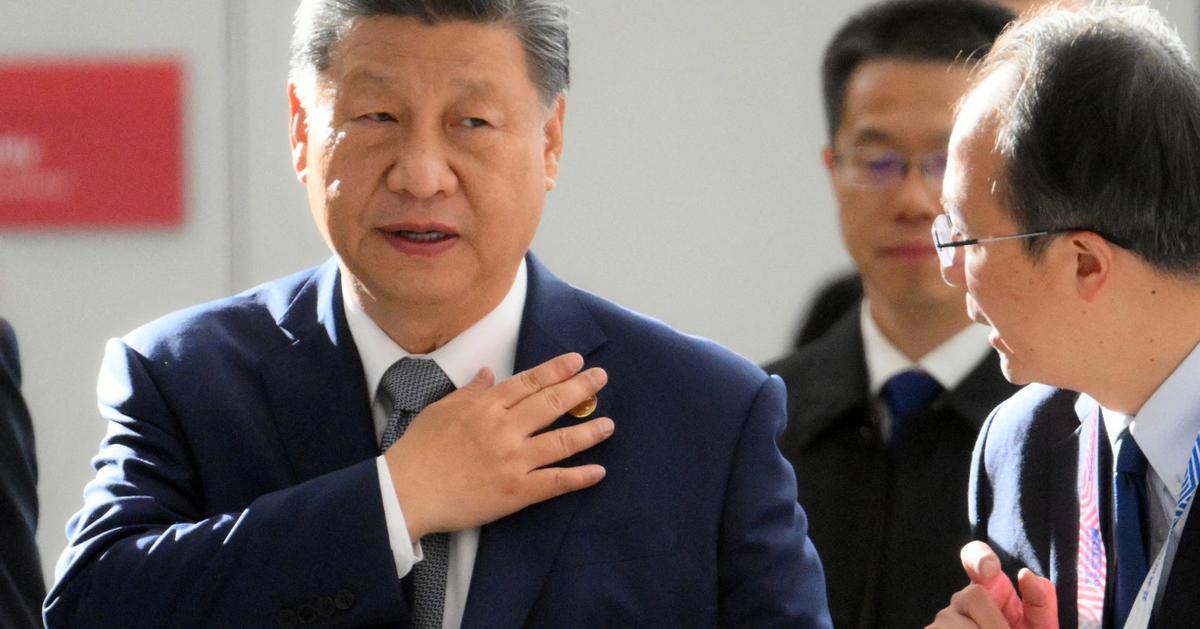Kinda weird that they’re calling the “collapsing real-estate sector” an economic challenge when that’s completely on purpose
Somehow, I really don’t think this will be the time China will bankrupt.
Don’t they have many trillions in reserves? Of course they won’t be bankrupt
Bruh they can print the money for rich people just like USA does. It’s the same capitalist system everywhere. The rich get richer and the poor continue to drown in inflation, etc.
Don’t they have many trillions in reserves?
Right now China has about 3.2 trillion in ForEx of all kinds and currencies which means that this bailout represents nearly half of the total.
ForEx is an extremely complicated subject, way too much for a single post, but it is essentially the lubricant for trade. If you don’t have enough of it in the right currency on an hourly (or less) basis to support your imports and exports then the machine will seize up.
So what China is doing here is risky as hell and if it doesn’t work they will soon have the same kind of financial problems that Iran does and that is stupendously bad for an export based economy.
The way I (state certified smoothbrain) think of it is this: Cash reserves serve as short time collateral when a state is shopping on credit (which states usually do). So your transactions need to be backed by a currency your trading partner is willing to accept.
Other reserves are exist, but these usually need to be converted first, which adds a layer of delay and transaction that makes it a more long term thing.
Not sure how correct it is, but I find that this oversimplification works and is correct most of the time.
They’re not going to do this with cash. They’ll print up some paper money (eg. bonds) like everybody else and make the poor subsidize the rich via inflation.
https://www.ft.com/content/b2feba22-5064-4eb1-84b1-3003cac36def





